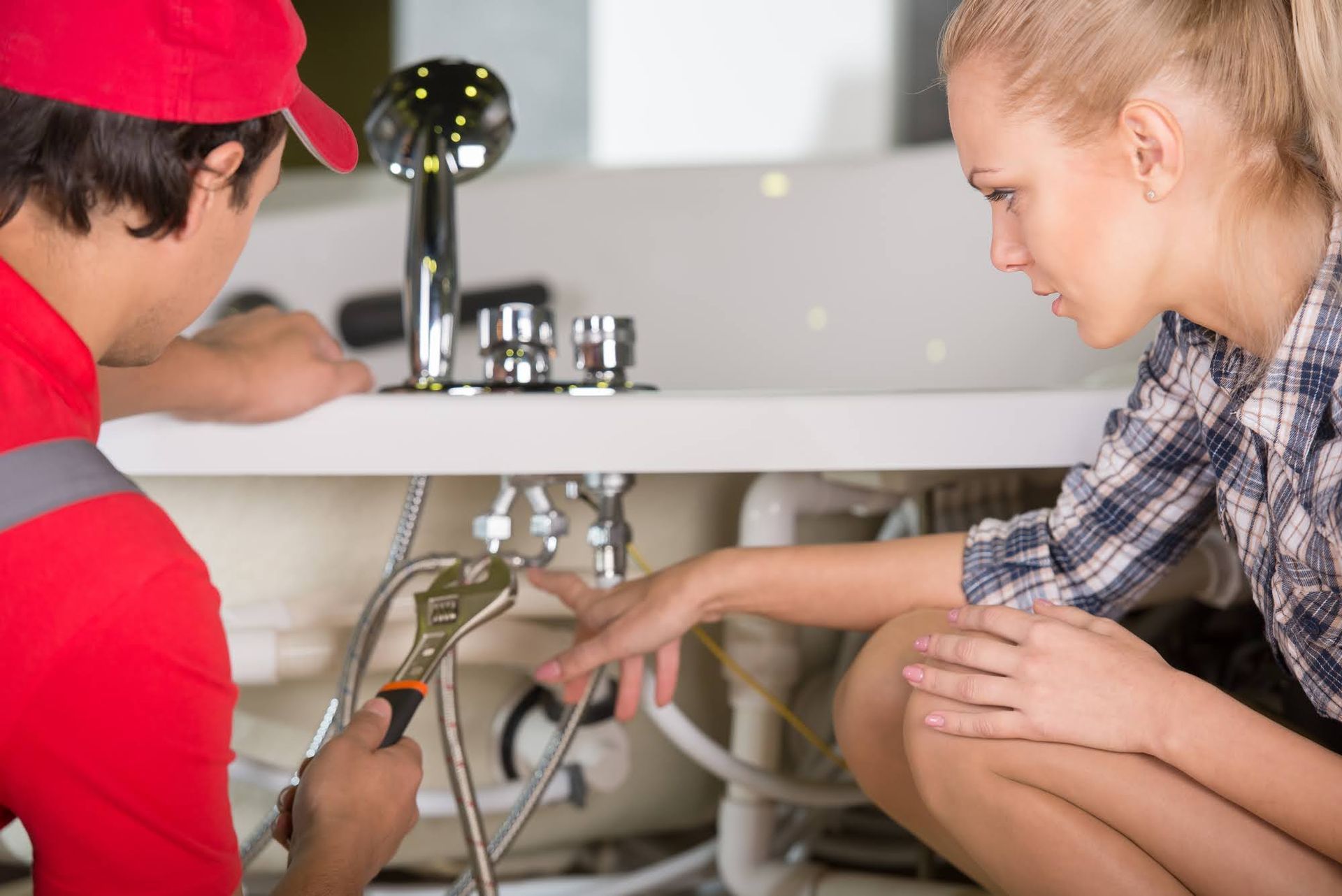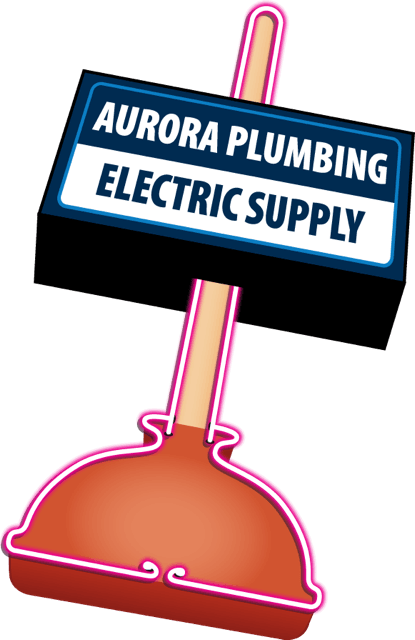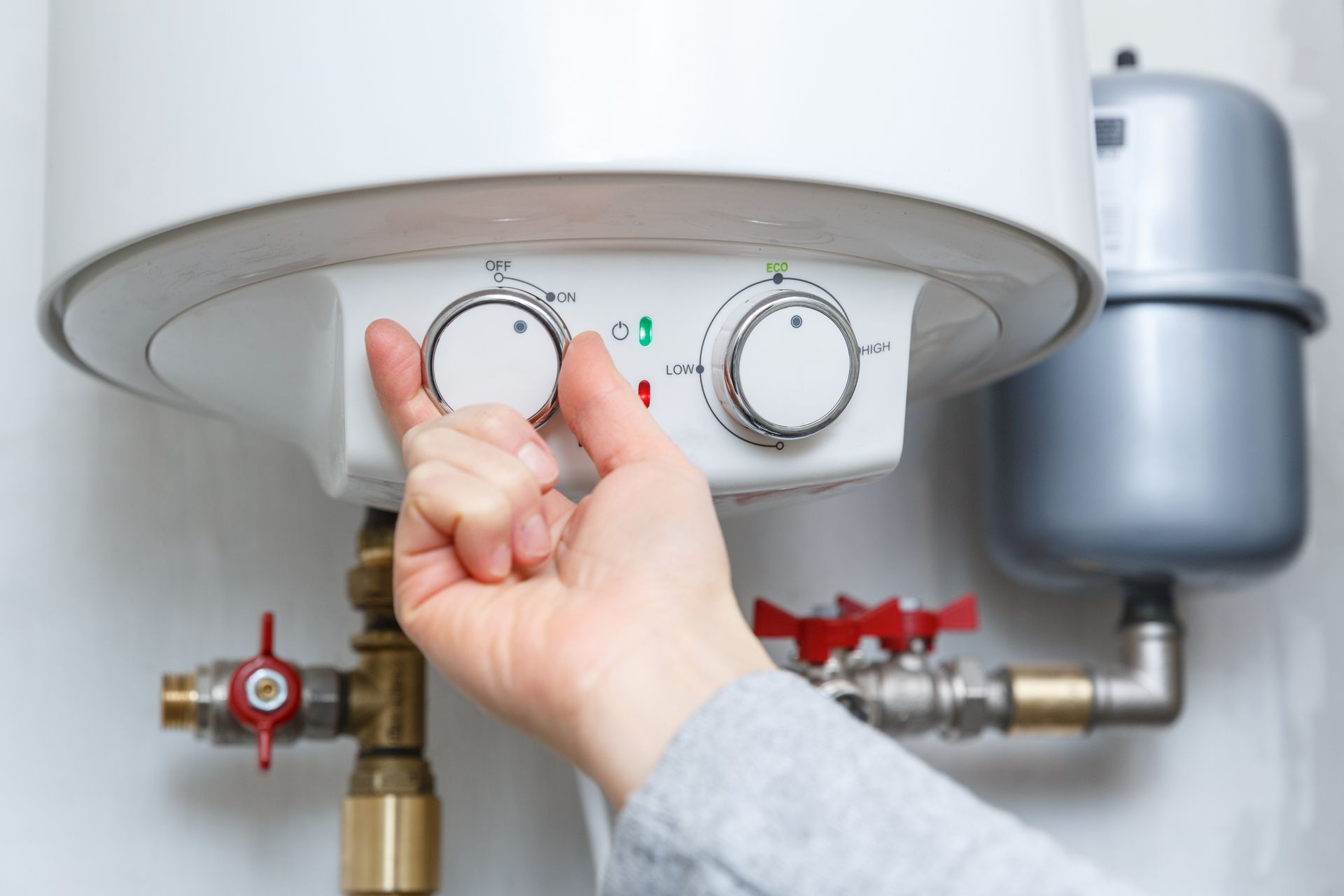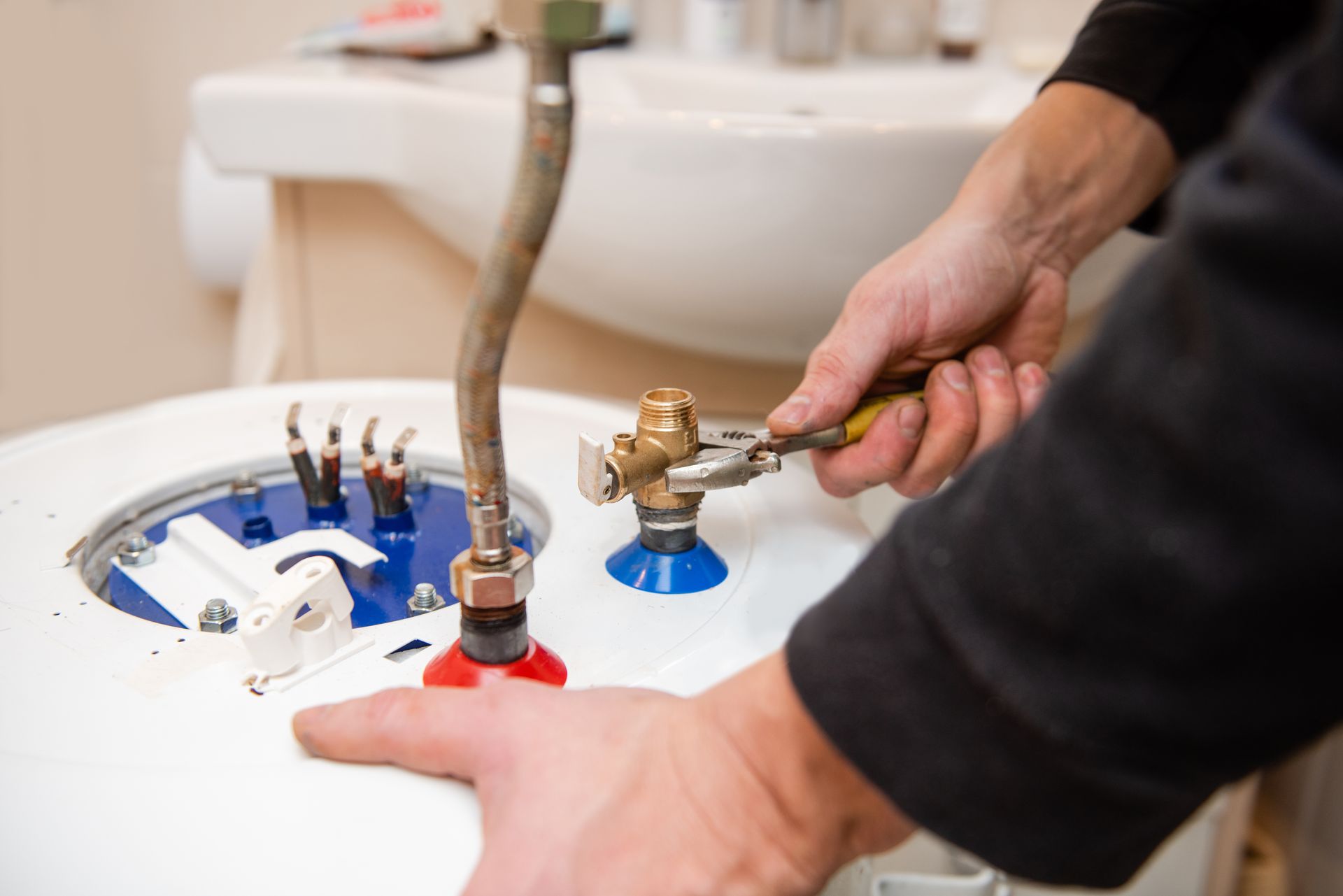When to Consider Relocating Your Sewer Lines

Few things are as crucial as the proper placement of your sewer lines to maintain a smoothly running plumbing system. The intricate network of pipes beneath your home silently carries away wastewater, ensuring comfort and hygiene.
But what happens when these vital conduits need relocation? And when exactly should you consider relocation as a potential solution to certain plumbing issues? Read on to learn more.
Consistent Clogs
Experiencing consistent clogs in your sewer lines clearly indicates that your plumbing system may need more than just a simple clearing or routine cleaning. Persistent clogs could indicate a larger, underlying problem, such as faulty pipe layout, blockage from tree roots, or even severe pipe damage.
Ignoring these signs might lead to more significant issues like sewage backflow, which damages your property and poses serious health risks. In such situations, relocating your sewer lines may offer a more permanent solution by eliminating the root causes of the constant clogs.
For example, if tree roots are the culprit, relocating your sewer lines to avoid trees can prevent future blockages and save you from costly repairs. Usually, tree roots gravitate toward sewer lines in search of water and nutrients, causing significant damage to the pipes.
Relocating your sewer lines away from trees or planting new trees away from the pipes can prevent this issue. But your plumber has to place protective barriers around the pipes to keep tree roots at bay. These barriers are designed to redirect roots away from the pipes, preserving them and ensuring your plumbing system's smooth operation.
Repeated cleaning or drain clearing is often a temporary fix that doesn't address the primary concern. When you constantly experience clogs, it's a sign that the current sewer line setup isn't functioning efficiently.
Instead of continuously spending on short-term solutions and dealing with the inconveniences caused by clogs, relocating the sewer lines could save you a lot of time spent on plumbing maintenance and repairs in the long run.
Changes in Land Use
The layout of your property may change over time due to renovations or new construction projects. When this happens, it's essential to assess if these changes affect the placement of your sewer lines.
For instance, adding a swimming pool or an extension to your home could potentially disrupt the existing sewer line system. You may need to relocate the lines to accommodate these changes and ensure that your plumbing system continues to run smoothly.
If the sewer lines are too close to the new addition, their proximity may cause damage when digging or drilling for the construction project. Additionally, changes in land use could also mean that your sewer lines are no longer easily accessible for maintenance and repairs. Relocating them to a more convenient location can save you time and hassle in case of future plumbing issues.
Accounting for these changes will be very important if you plan on selling your property. Prospective buyers will likely hire a professional plumber for an inspection before purchasing a home.
If any layout issues arise during this inspection, it could significantly impact the value and sale of your property. So, if you make any changes to your landscape, consider relocating your sewer lines beforehand to avoid any complications during the home selling process.
Sewer line relocation might sound like an intensive job, but that's because it actually is. Professionals like Aurora Plumbing and Electric Supply, Inc. have to excavate the old lines, design and install a new layout, and ensure everything is properly connected.
Consider these situations as valid reasons for sewer line relocation to avoid plumbing emergencies and maintain your home's value. Our team is always ready to help you with any sewer line issues and guide you through the relocation process, so don't hesitate to reach out.













